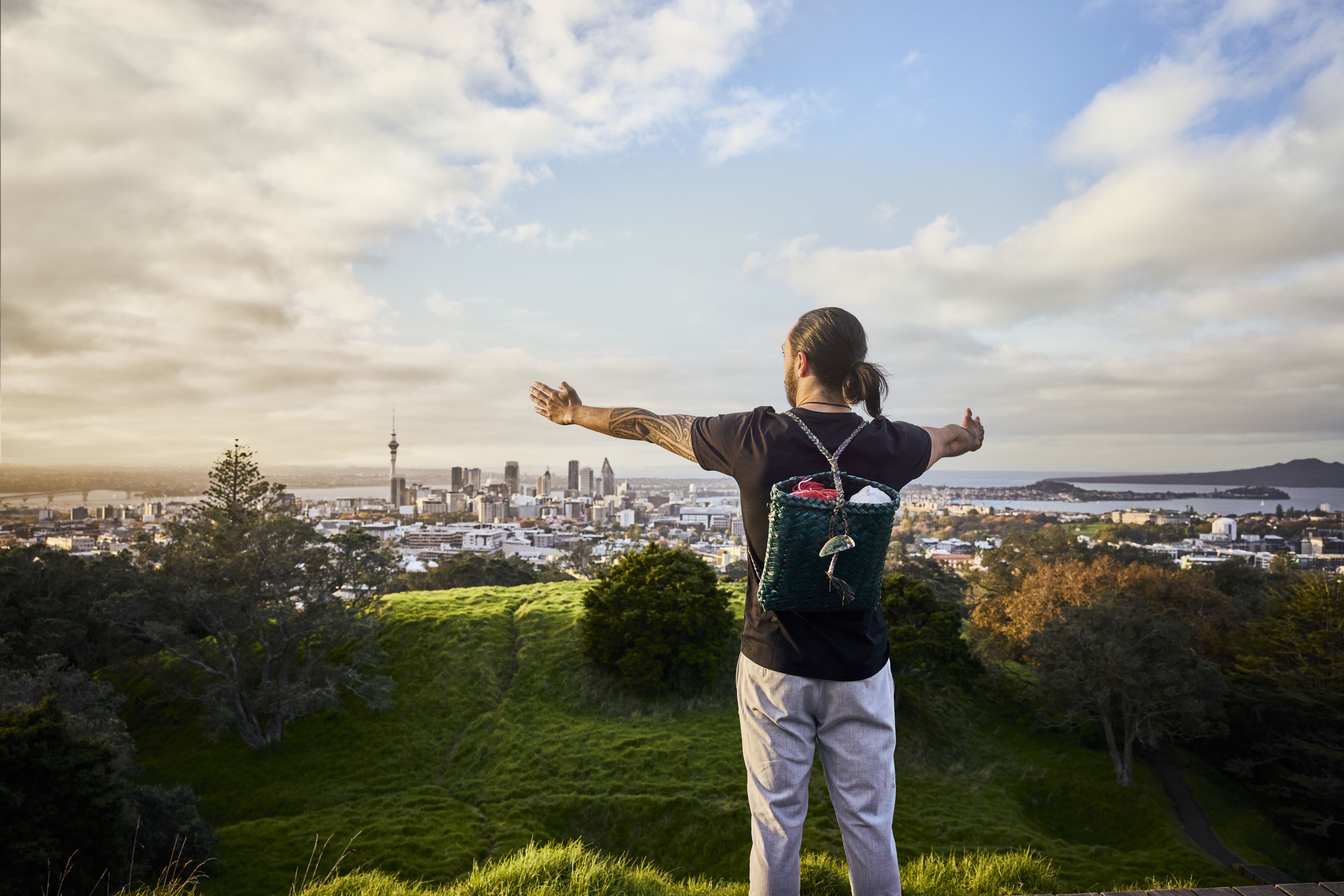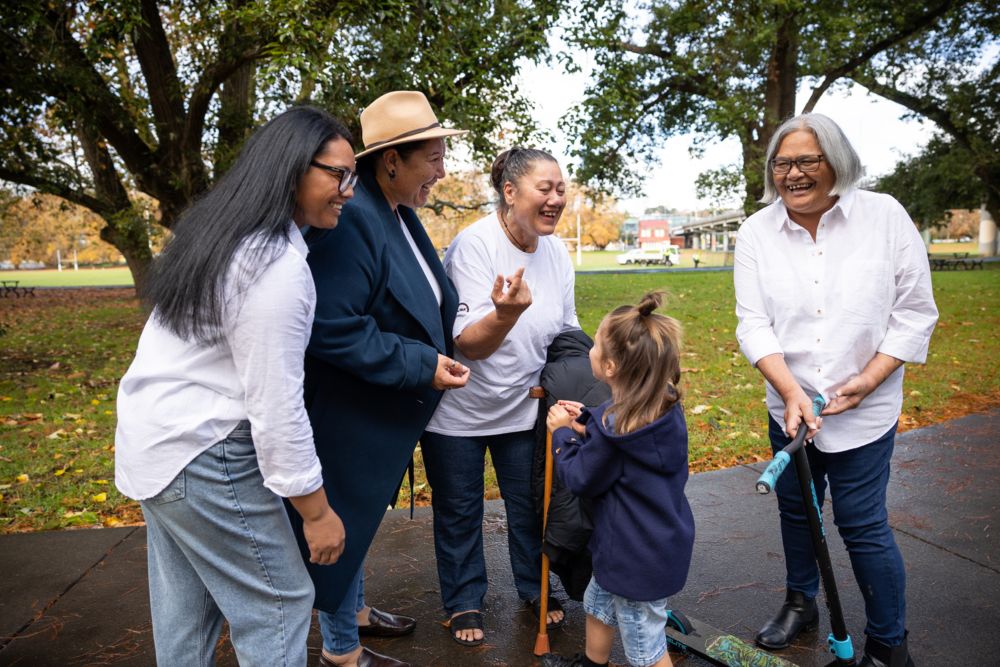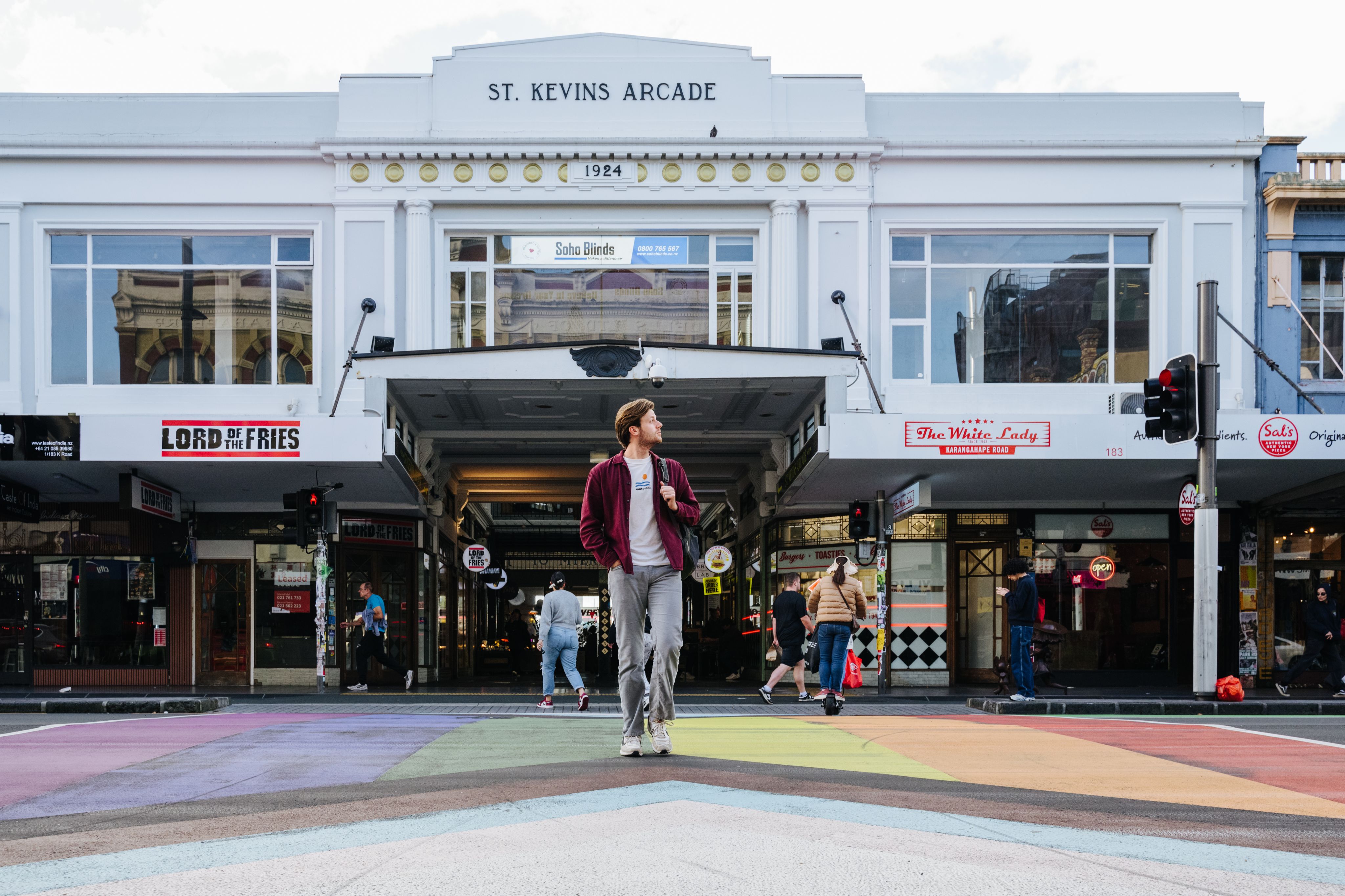What makes a great councillor?
Aucklanders have their say

"It's a hard job and there are challenges, but it is also amazing. It's rewarding in its own way"
Lou-Ann Ballantyne, Auckland Council's Governance and Engagement GM - on what it takes to be a good councillor
Are you a civic-minded person who cares what happens in your community? Are you a strategic thinker comfortable making tough decisions?
If so, you could have what it takes to be elected a councillor to help shape Tāmaki Makaurau’s future.
Aucklanders go to the polls in October to choose their next mayor, councillors and local board members, and this presents a great opportunity to bring your vision to the table.
Many significant projects, such as the City Rail Link, are due for completion in the next council term. As an elected member, your leadership and strategic decision-making could help guide Auckland through exciting changes as it continues to grow as a global city.
If you’re thinking of standing for election this year, there are key skills and attributes you’ll need to be an effective elected representative. Elected members come from diverse backgrounds, and bring a range of different skills and experiences to the role; knowledge of local iwi, te ao Māori and tikanga is an asset.

Lou-Ann Ballantyne, Auckland Council’s Governance and Engagement GM, says a good elected member has vision, and a passion for their community.
They must think strategically, be good listeners and be unafraid to make tough decisions.
And while a candidate might stand on a particular platform, elected members must make broader decisions about a range of issues, so needed to keep an open mind for the benefit of the wider community.
“You definitely need good comms and engagement, and to work well with others. There will be differences of opinion - we don’t expect people to compromise their values, but being pragmatic when it comes to decision-making is important.
“These are tough jobs in the public spotlight, working with people you don’t know, so you definitely need some resilience,” she said.

Councillors are called on to speak publicly at meetings and events, and give comments and interviews to the media, so you should be able to confidently communicate your views and opinions when engaging with the public.
As a part of your role, you will also need to build and maintain productive relationships and networks. You should be willing to respectfully engage with people from different cultures and disciplines, including community members and council employees.
We don’t expect councillors to understand it all, but you do need to ask the right questions – the ‘what does this mean for Auckland?’ question"
Councillors have to attend many meetings, including the full council and various committees, and they need to be well-prepared and informed on the topics being raised. They may also be co-opted to other organisations as a council representative.
“We don’t expect councillors to understand it all, but you do need to ask the right questions – the ‘what does this mean for Auckland?’ question,” Ballantyne said.
And when it comes to making hard decisions, it was important to consider the financial and long-term consequences of those decisions.
Given the work involved, the role of councillor is full time, with a lot of work required outside the usual business hours.
“You’ve got to be willing to work hard for your community . . . you need to be available when they are, which includes weekends and evenings. And council meetings can go into the evening,” said Ballantyne.
She said it was important to celebrate the successes. “It’s a hard job and there are challenges, but it is also amazing. It is rewarding in its own way.”
Want to make a difference in your community? Become a candidate in the local elections – visit voteauckland.co.nz to find out how.






